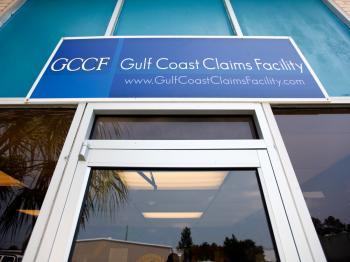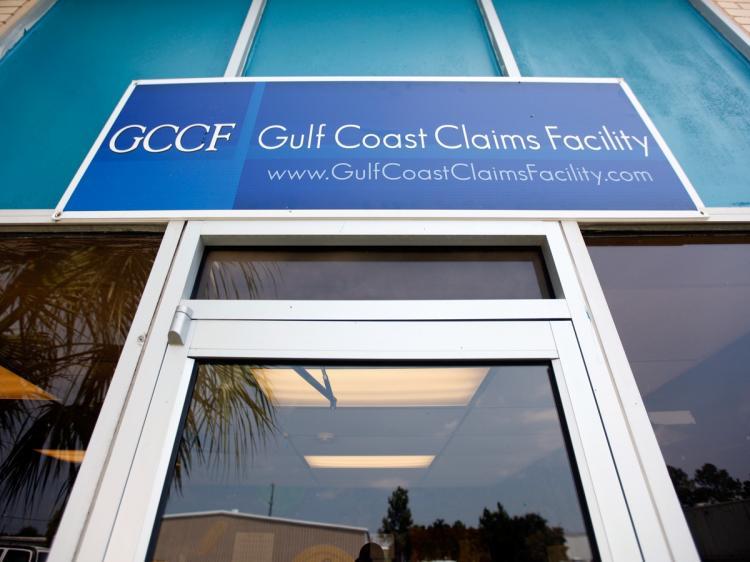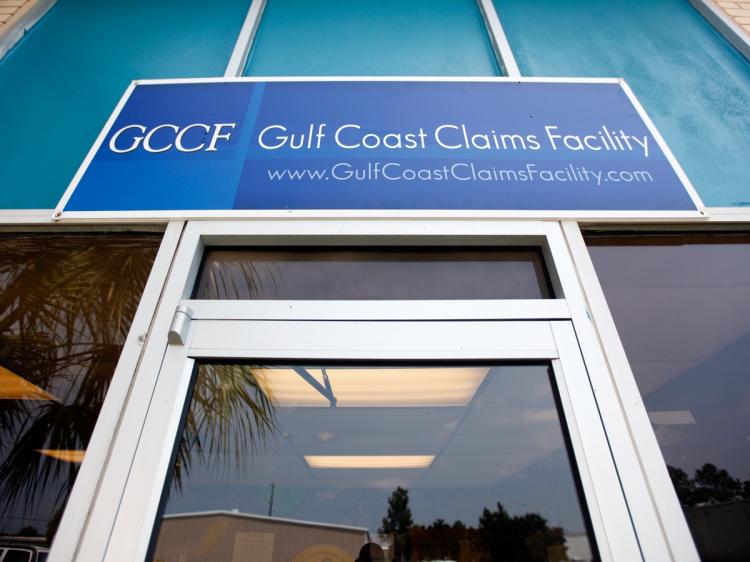A new program designed to provide compensation for damages incurred from the Deepwater Horizon oil spill has already come under criticism from state officials and others as it began proceedings this week.
The Gulf Coast Claims Facility (GCCF), established by the Obama administration and BP to replace BP’s Claims Process, is “an independent claims facility for submission and resolution of claims of Individuals and businesses for costs and damages incurred,” according to the group’s GulfCoastClaimsFacility.com website.
The GCCF compensates from a $20 billion escrow fund established by BP. The project is managed by Obama and BP appointee Kenneth R. Feinberg, described by the GCCF as “a neutral fund administrator responsible for all decisions relating to the administration and processing of claims by the GCCF.”
Mr. Feinberg’s framework for processing claims has received some criticism, as of late.
In July, many Gulf Coast fishermen were upset over a Feinberg announcement that those participating in BP’s Vessels of Opportunity program, which employed local fishermen and boats to assist with cleanup efforts, would have their pay deducted from compensation funds dispersed by the GCCF.
When updated GCCF guidelines were released last Friday, Florida Attorney General Bill McCollum, in a letter to Feinberg criticized the process.
McCollum said that while the establishment of the GCCF was meant “to replace and improve upon” BP’s claims procedures, “the current [GCCF] process appears to be even less generous to Floridians than the BP process,” adding that this was “completely unacceptable.”
McCollum said that provisions of the GCCF protocol were not in line legally with the Oil Pollution Act (OPA).
Specifically, he mentioned “proximate causation,” which requires “a claimant to show that his or her damages were ‘proximately caused’ by the oil spill”; a proposal to limit “the time and ability of claimants to file ‘interim claims’ with no legal basis for doing so,” and the stipulation that claimants who filed claims with BP be required to refile under the new program.
The first 90 days of GCCF operations are meant to disperse short-term emergency compensation funds for losses by those directly impacted by the oil spill. According to Feinberg, recipients of interim payments are allowed to sue BP and others in court.
BP spokesperson Daren Beaudo, in an e-mail statement Aug. 20, said that his company has the understanding that claimants who accept final compensation through the fund waive the right to sue BP and other oil spill-related companies. “BP believes that any settlement should be a full and final settlement,” Beaudo said, according to a Bloomberg report.
In a statement by Gibson Vance president of the trial lawyer organization American Association for Justice (AAJ), Vance expressed concern over final compensation stipulations, adding that “it would be detrimental to claimants if they are forced to accept final payments before the full impact of the spill is realized.
In an effort to stifle claims fraud, the Department of Justice (DOJ) has established a fraud hotline “related to relief operations and funding for victims” of the Deepwater Horizon oil spill and cleanup operations.
“We will not tolerate fraud schemes that exploit this tragic oil spill to the detriment of residents and businesses along the Gulf Coast,” said Assistant Attorney General Lanny A. Breuer of the Criminal Division, in a DOJ press release Tuesday.
The GCCF has setup 35 offices in five Gulf Coast states, with Florida having the most at 13, followed by Louisiana (12), Alabama (5), Mississippi (3) and Texas (1). Claims can be submitted in person at the various office locations, via mail, or on the Internet through the GCCF website.
The Gulf Coast Claims Facility (GCCF), established by the Obama administration and BP to replace BP’s Claims Process, is “an independent claims facility for submission and resolution of claims of Individuals and businesses for costs and damages incurred,” according to the group’s GulfCoastClaimsFacility.com website.
The GCCF compensates from a $20 billion escrow fund established by BP. The project is managed by Obama and BP appointee Kenneth R. Feinberg, described by the GCCF as “a neutral fund administrator responsible for all decisions relating to the administration and processing of claims by the GCCF.”
Mr. Feinberg’s framework for processing claims has received some criticism, as of late.
In July, many Gulf Coast fishermen were upset over a Feinberg announcement that those participating in BP’s Vessels of Opportunity program, which employed local fishermen and boats to assist with cleanup efforts, would have their pay deducted from compensation funds dispersed by the GCCF.
When updated GCCF guidelines were released last Friday, Florida Attorney General Bill McCollum, in a letter to Feinberg criticized the process.
McCollum said that while the establishment of the GCCF was meant “to replace and improve upon” BP’s claims procedures, “the current [GCCF] process appears to be even less generous to Floridians than the BP process,” adding that this was “completely unacceptable.”
McCollum said that provisions of the GCCF protocol were not in line legally with the Oil Pollution Act (OPA).
Specifically, he mentioned “proximate causation,” which requires “a claimant to show that his or her damages were ‘proximately caused’ by the oil spill”; a proposal to limit “the time and ability of claimants to file ‘interim claims’ with no legal basis for doing so,” and the stipulation that claimants who filed claims with BP be required to refile under the new program.
Right to Sue
The first 90 days of GCCF operations are meant to disperse short-term emergency compensation funds for losses by those directly impacted by the oil spill. According to Feinberg, recipients of interim payments are allowed to sue BP and others in court.
BP spokesperson Daren Beaudo, in an e-mail statement Aug. 20, said that his company has the understanding that claimants who accept final compensation through the fund waive the right to sue BP and other oil spill-related companies. “BP believes that any settlement should be a full and final settlement,” Beaudo said, according to a Bloomberg report.
In a statement by Gibson Vance president of the trial lawyer organization American Association for Justice (AAJ), Vance expressed concern over final compensation stipulations, adding that “it would be detrimental to claimants if they are forced to accept final payments before the full impact of the spill is realized.
In an effort to stifle claims fraud, the Department of Justice (DOJ) has established a fraud hotline “related to relief operations and funding for victims” of the Deepwater Horizon oil spill and cleanup operations.
“We will not tolerate fraud schemes that exploit this tragic oil spill to the detriment of residents and businesses along the Gulf Coast,” said Assistant Attorney General Lanny A. Breuer of the Criminal Division, in a DOJ press release Tuesday.
The GCCF has setup 35 offices in five Gulf Coast states, with Florida having the most at 13, followed by Louisiana (12), Alabama (5), Mississippi (3) and Texas (1). Claims can be submitted in person at the various office locations, via mail, or on the Internet through the GCCF website.






